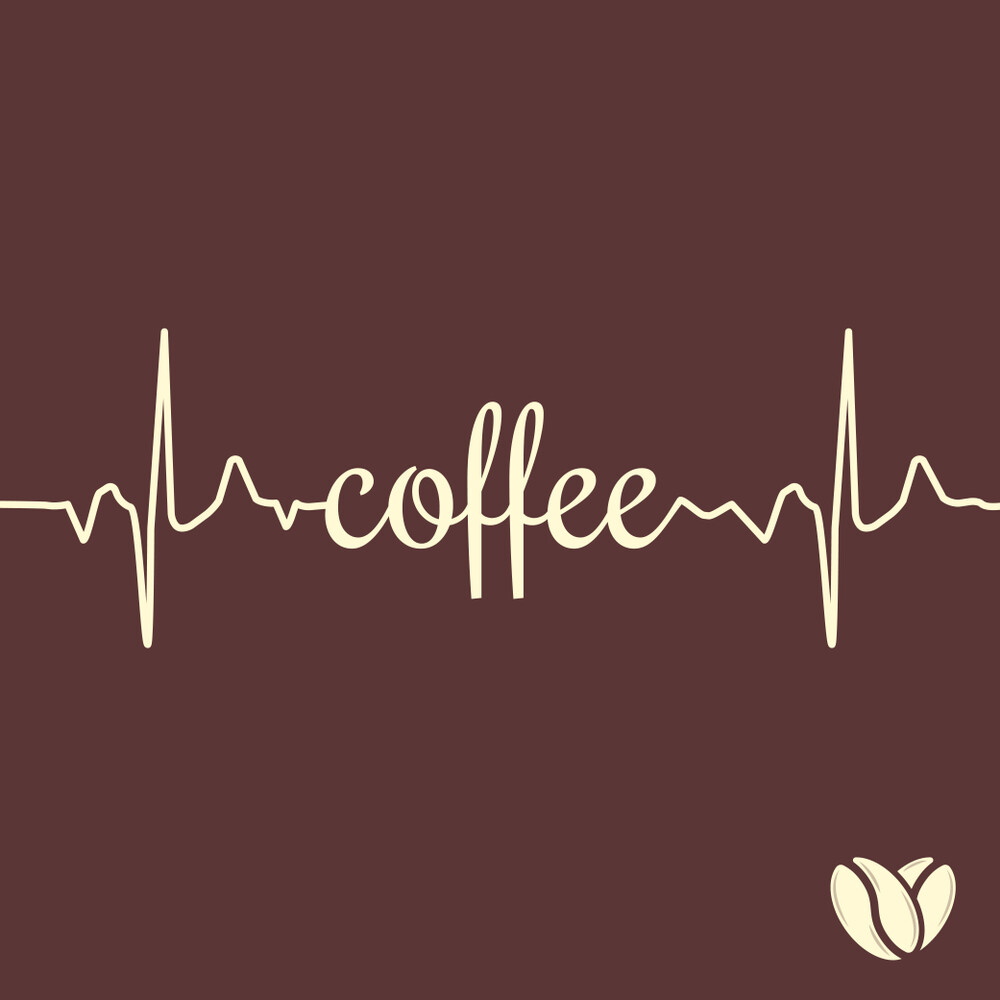Coffee junkies watch out: We’ll explain why you shouldn’t go into complete overnight caffeine withdrawal and what the caffeine withdrawal does.
Help, caffeine withdrawal!
Are you one of those people who can’t even get out of the house, let alone into the office, without a cup of coffee without going crazy? And who equate the phrase “The coffee machine is broken” with the lowest level of hell? Then you’ve probably already thought about cold caffeine withdrawal – after all, coffee in moderation is considered very healthy, but more than four to five cups a day can have negative consequences. And what real coffee junkie drinks only four cups a day?
Am I addicted to coffee?
Over time, a daily cup of coffee often quickly turns into a few more – and the more we drink, the higher our tolerance for caffeine. In short, we would have to drink more and more in order to maintain the stimulant’s wake-up effect at a constant level in the long run, because the body gets used to the intake. Although doctors argue about whether caffeine can actually lead to a medical addiction, there is evidence that sudden coffee withdrawal can cause symptoms.
Symptoms: How caffeine withdrawal affects your body
If you have tested caffeine withdrawal overnight, you have probably given up caffeine just as quickly and resumed coffee. A lack of caffeine can cause some very unpleasant withdrawal symptoms. These include:
- Headaches
- Insomnia
- Inner restlessness
- Visual and / or hearing disorders
- Constipation
What does caffeine actually do in the body?
It takes just 30 minutes for the beloved cup of coffee to take effect. And it pushes our bodies up to four hours by:
- making the heart beat faster,
- raised your pulse and blood pressure,
- increases the concentration,
- reduces fatigue,
- constricts the blood vessels, which relieves headaches
- and improves the oxygen supply to the muscles.
No wonder the body starts to whine when the caffeine suddenly stops, right?
But why is this happening?
Different receptors in the brain are responsible for making us relax and not overstrain ourselves. These include the so-called adenosine receptors: If the substance adenosine docks to these receptors, we virtually shut down and the production of dopamine and noradrenalin, which normally push us, is reduced. The effect: The heartbeat is calmed down, we find more rest. If we drink coffee, instead of adenosine caffeine docks onto the receptors. This has exactly the opposite effect – the body wants to rest, but is stimulated.
If you drink a lot of coffee every day, your body gets used to it, as I said, and puts it under constant stress. The brain reacts to this by producing even more adenosine in order to achieve the rest it requires. If there is a sudden caffeine withdrawal, there is an imbalance between adenosine and the associated activating messengers. This imbalance becomes noticeable through the above-mentioned symptoms during coffee withdrawal.
Reducing caffeine: How does caffeine withdrawal work?
Because of the possible complaints you should not completely give up coffee overnight. Instead, it makes sense to virtually eliminate the caffeine: Start by replacing just one of your daily cups of coffee with, say, herbal tea. Every two to three days, replace one more cup of coffee with tea.
Tip: Start weaning one or two days before the weekend so that you don’t have to sit at work with the headaches you might get. Also make sure that you generally drink enough fluids – preferably water, of course, but tea is also allowed. Otherwise, it’s best to distract yourself as much as possible from the thought of coffee – the withdrawal symptoms should subside after a few days, or at most two weeks.

